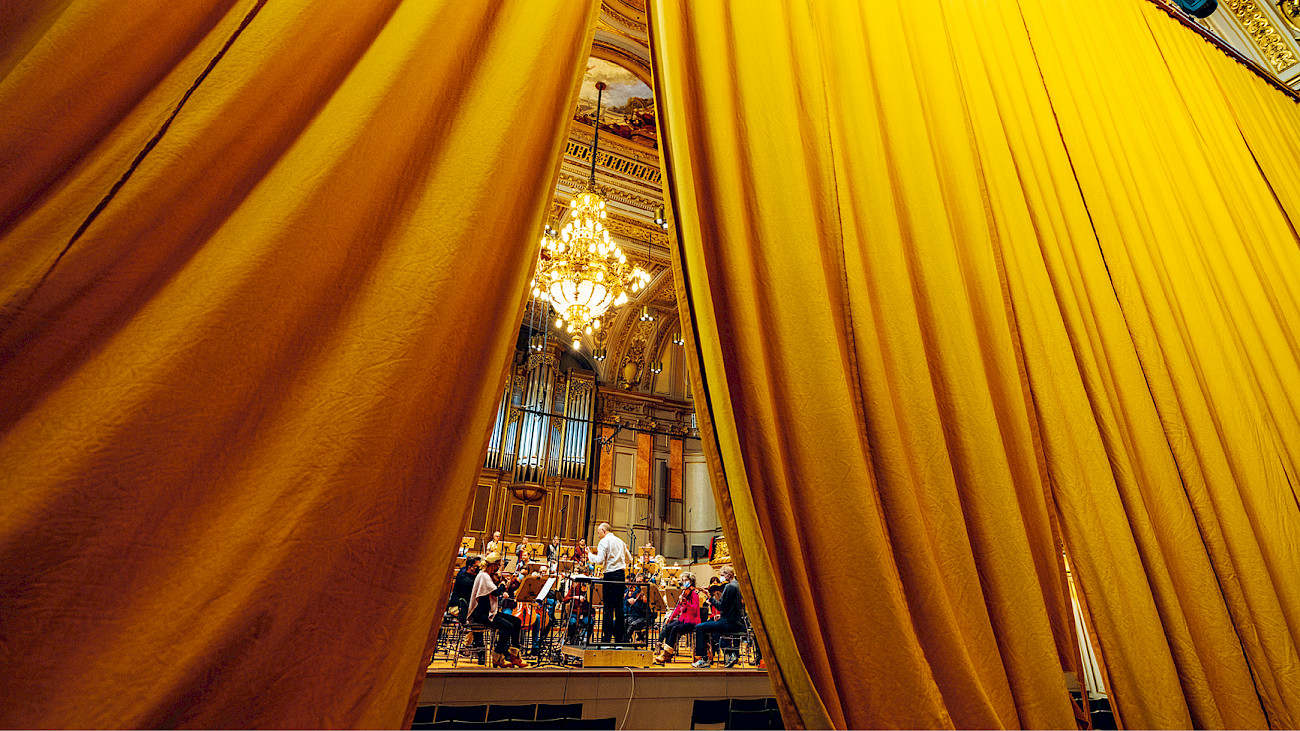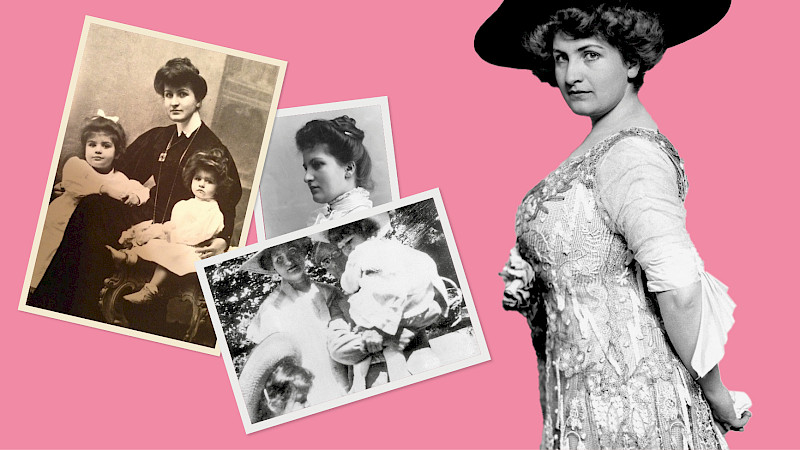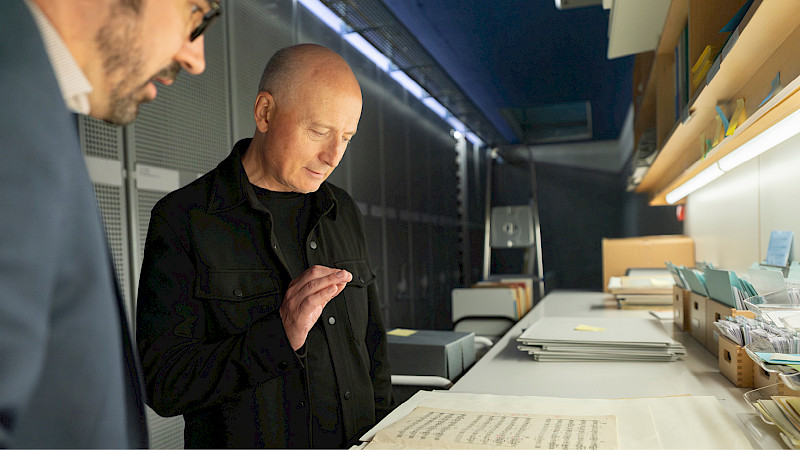
Opera without opera
Overtures in the concert hall were once primarily an advertising gimmick. Today, they are much more than that.
What would a weather forecast be without the weather, a table of contents without a book, an invitation without a party? Nothing, absolutely nothing. But an overture without an opera: oh yes, that's something, you can hear it in every concert hall in the world.
Of course, it can't be just any overture. There are many that really offer nothing more than a musical table of contents for what follows. Others are far too short: the 35 bars of the "Rigoletto" prelude, for example, cannot be meaningfully isolated. And then there are those preludes whose sole purpose seems to be to prolong the audience's anticipation: when are we finally going to really get going?
The atmospherically intense, tonally interesting overtures, on the other hand, which mould the melodic motifs into an independent dramaturgy, are shown to their best advantage in the concert hall: because here they are not just promises of what is to follow, but works in their own right. The spotlights are focused entirely on the orchestra, which is not in the pit but on the stage. For once, the instruments play the leading roles, not the revelling tenor, the evil baritone or the soprano who dies of a broken or pierced heart. And best of all: the curtain doesn't rise at the end of the overture - instead, the orchestra receives the applause it deserves.
Sound trailers
And who invented it? Richard Wagner, of course, the cleverest promoter in the history of music. He was the first to include overtures (his own, of course) in symphonic concert programmes. However, he did not want them to be understood as absolute music: He was interested in a reference to his music theatre works; the overtures in the concert hall were, so to speak, the trailers for what actually mattered. That's why he had explanatory leaflets distributed; he wanted the audience to know what was being advertised in terms of sound.
The success of this idea was resounding, so much so that Wagner's overtures are heard far more often in concert halls today than his actual orchestral works. Many other opera preludes have also been converted into concert literature following his example. With ghostly or idyllic, powerful or dance-like sounds, they set the stage for completely different stories.
Because of course, after an overture there are all sorts of things to come in a concert. Just not the opera.





